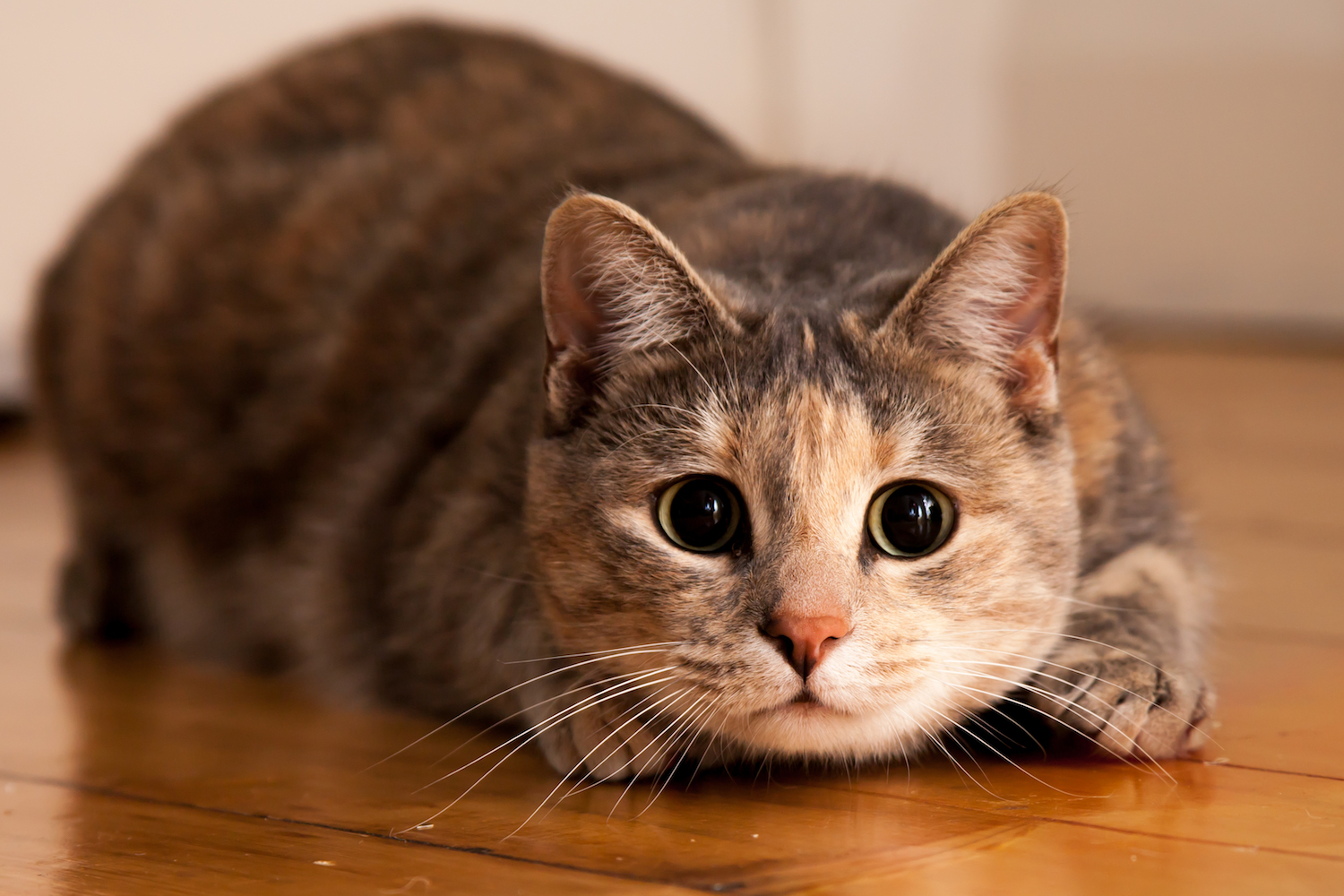
2 pet cats in NY test positive for COVID-19
The cats may have caught the virus from people.

Get the world’s most fascinating discoveries delivered straight to your inbox.
You are now subscribed
Your newsletter sign-up was successful
Want to add more newsletters?

Delivered Daily
Daily Newsletter
Sign up for the latest discoveries, groundbreaking research and fascinating breakthroughs that impact you and the wider world direct to your inbox.

Once a week
Life's Little Mysteries
Feed your curiosity with an exclusive mystery every week, solved with science and delivered direct to your inbox before it's seen anywhere else.

Once a week
How It Works
Sign up to our free science & technology newsletter for your weekly fix of fascinating articles, quick quizzes, amazing images, and more

Delivered daily
Space.com Newsletter
Breaking space news, the latest updates on rocket launches, skywatching events and more!

Once a month
Watch This Space
Sign up to our monthly entertainment newsletter to keep up with all our coverage of the latest sci-fi and space movies, tv shows, games and books.

Once a week
Night Sky This Week
Discover this week's must-see night sky events, moon phases, and stunning astrophotos. Sign up for our skywatching newsletter and explore the universe with us!
Join the club
Get full access to premium articles, exclusive features and a growing list of member rewards.
Two pet cats in New York have tested positive for the new coronavirus, becoming the first domesticated animals in the U.S. reported to have the virus, according to news reports.
On Wednesday (April 22), the U.S. Department of Agriculture and the Centers for Disease Control and Prevention announced that the two cats had developed mild respiratory illness before testing positive for SARS-CoV-2, the virus that causes COVID-19, according to The Washington Post. The animals live in different parts of the state, and both are expected to recover.
—Coronavirus in the US: Map & cases
—What are coronavirus symptoms?
—How deadly is the new coronavirus?
—How long does coronavirus last on surfaces?
—Is there a cure for COVID-19?
—How does coronavirus compare with seasonal flu?
—How does the coronavirus spread?
—Can people spread the coronavirus after they recover?
It's thought that the cats caught the virus from their owners or people in their neighborhood, according to WPMI, an NBC News affiliate. In one case, the cat's owner was diagnosed with COVID-19 before the cat showed symptoms. In the second case, a person in the household developed a respiratory illness for a short period before the cat became sick, although the individual was not confirmed to have COVID-19. In this latter case, the cat also went outdoors at times, so the animal may have been exposed to an infected person in the neighborhood, WPMI reported.
Last month, a cat in Belgium was found to be infected with SARS-CoV-2 after its owner tested positive, Live Science previously reported. In the U.S., a tiger at the Bronx Zoo tested positive for COVID-19 in early April.
There is currently no evidence of the virus spreading from cats to people.
"We don't want people to panic. We don't want people to be afraid of pets" or to rush to test them en masse, said Dr. Casey Barton Behravesh, a CDC official who works on human-animal health connections, WPMI reported. "There's no evidence that pets are playing a role in spreading this disease to people."
- The 12 deadliest viruses on Earth
- 20 of the worst epidemics and pandemics in history
- 11 (sometimes) deadly diseases that hopped across species
Originally published on Live Science.
Get the world’s most fascinating discoveries delivered straight to your inbox.
OFFER: Save 45% on 'How It Works' 'All About Space' and 'All About History'!
For a limited time, you can take out a digital subscription to any of our best-selling science magazines for just $2.38 per month, or 45% off the standard price for the first three months.

Rachael is a Live Science contributor, and was a former channel editor and senior writer for Live Science between 2010 and 2022. She has a master's degree in journalism from New York University's Science, Health and Environmental Reporting Program. She also holds a B.S. in molecular biology and an M.S. in biology from the University of California, San Diego. Her work has appeared in Scienceline, The Washington Post and Scientific American.
 Live Science Plus
Live Science Plus











